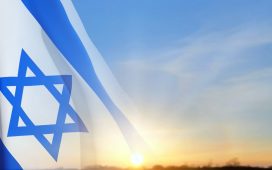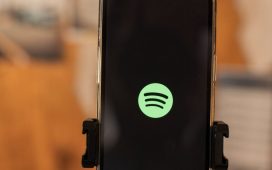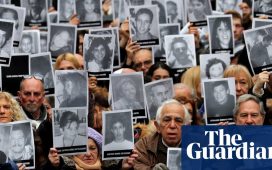Protestants have horses and keep toasters in cupboards, while Catholics love statues and keep coal in the bath. Or do they?
The jokes and observations about Northern Ireland identity that fuel the Channel 4 comedy Derry Girls moved to the Ulster Museum in Belfast on Friday as part of an exhibition on cultural stereotypes.
The blackboard that characters used to list differences – a satire on sectarianism hailed as a TV highlight of 2019 – now occupies pride of place in the museum’s CultureLab exhibition, which runs until November.
It invites visitors to ponder whether Protestants really do love flutes and soup, dislike Abba and holiday in Newcastle, County Down – and whether Catholics really do love bingo and John F Kennedy, watch RTE and holiday in Bundoran, County Donegal.
“It’s a good-humoured exhibition and we’re doing it in a slightly different way, but it is also provocative,” Kathryn Thomson, the chief executive of National Museums Northern Ireland, told the BBC.
“We hope that people will come together and they will have conversations and in doing so, it’ll help to challenge their own perceptions and their own ideas around identity and culture here.”
Historical artefacts on display include a Gaelic League Irish language banner from west Belfast and an Orange sash from a lodge on the Falls Road.
The exhibition includes a tongue-in-cheek quiz that uses a “religious stereotype calculator” based on the blackboard to tells visitors which stereotype they fit.
People are moving away from traditional Catholic and Protestant identities and focusing more on issues such as the climate and LGBT rights, said Niall Kerr, of the Nerve Centre, an arts group based in Derry that helped to curate the exhibition.
Political allegiances also appear to be loosening with a rise in the number of so-called “neithers”.
A Northern Ireland Life and Times survey, an annual poll conducted by Queen’s University and Ulster University, found in 2019 that 50% of people identified as being neither unionist nor nationalist.






